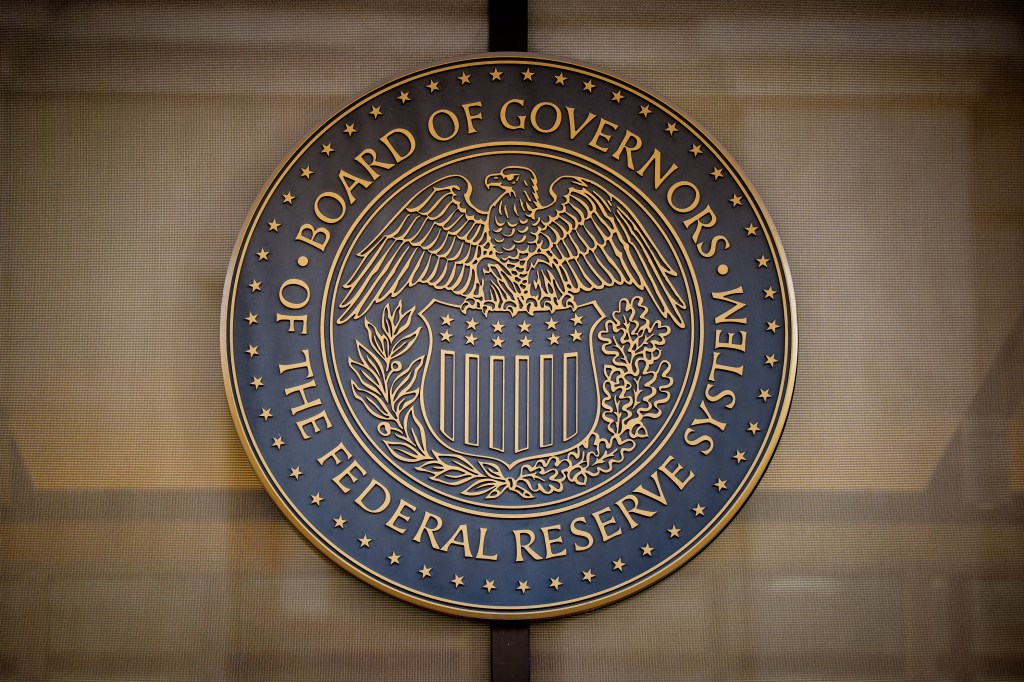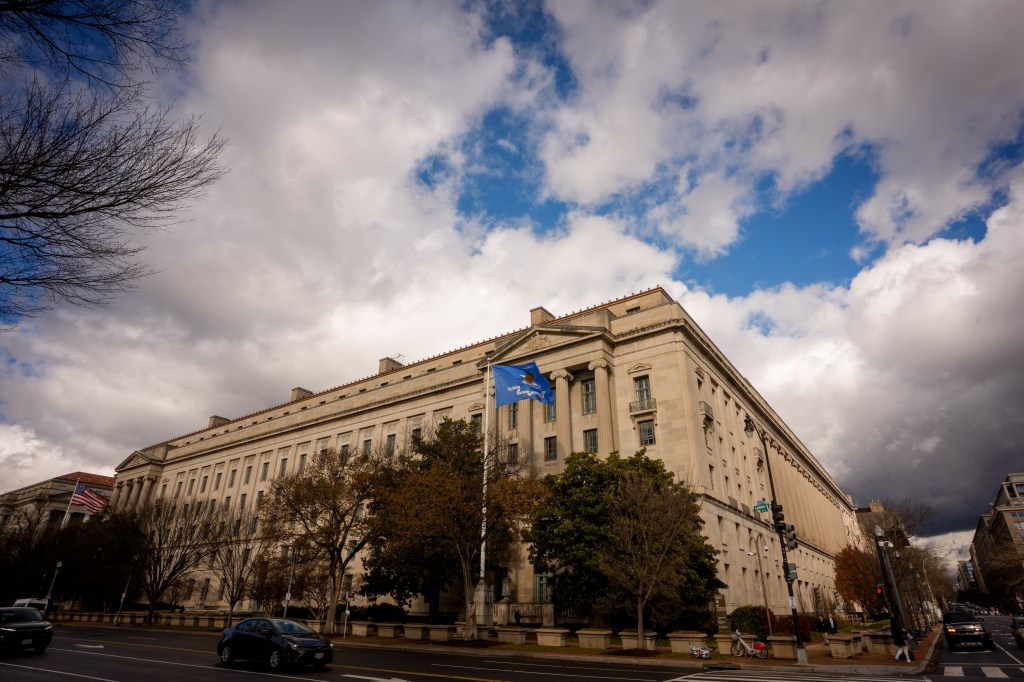The FCA has published its latest whistleblowing quarterly data for 2023 Q4. The UK regulator received 1,109 reports last year containing a total of 3,008 allegations, a rise of 19% on the 2,533 allegations in 2022.
Topping the list of allegations was compliance and conduct (fitness propriety), corroborating concerns expressed through the Treasury Select Committee’s ‘Sexism
Register for free to keep reading
To continue reading this article and unlock full access to GRIP, register now. You’ll enjoy free access to all content until our subscription service launches in early 2026.
- Unlimited access to industry insights
- Stay on top of key rules and regulatory changes with our Rules Navigator
- Ad-free experience with no distractions
- Regular podcasts from trusted external experts
- Fresh compliance and regulatory content every day

















